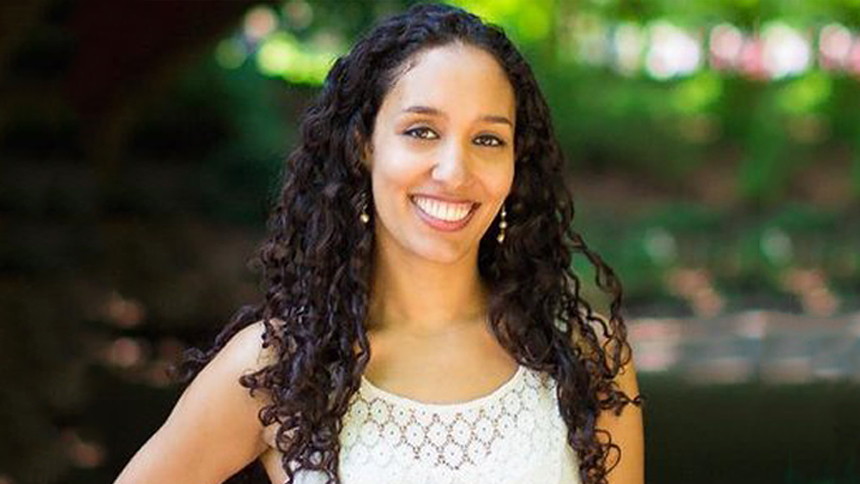Event coordinator jobs often pop up on job boards; admit it: you’re intrigued.
Makes sense. You’re a gnarly negotiator and masterful multitasker who’s all about the details, and you love a good par-tay. Ever thought about becoming an event coordinator?
Yeah, we thought so—no time like the present. Check out the wisdom of an industry insider and decide if the event coordinator job is the one for you.
What exactly does an event coordinator do?
Day-to-day duties often depend on where an event coordinator works and what needs to get done.
An event coordinator generally puts together events, tackling anything from client meetings to cleanup. Responsibilities may include preparing budgets, scouting and booking locations, conducting press outreach, lining up sponsors and celebrity guests, and securing food and drinks.
Duties on the day of the event include overseeing support staff, including florists, caterers, DJs, and emcees. Depending on seniority, an event coordinator may instead spend the bulk of her time performing essential administrative duties or assisting event planners and managers.
During her three years as an event coordinator for Macy’s, Christian McKenzie had her hands full, pitching potential vendors and talent, processing invoices, working with the legal team to draft terms for service contracts, and managing relationships with clients, including celebrity handlers.
“Depending on the size of an event, the preparation could take months or even a year,” says McKenzie, now a business account manager for Sears Holdings Corporation.
What skills do events coordinators need?
Your negotiation skills should be rock solid to secure the best possible prices with clients and vendors. Good communication skills are also a must. You can’t manage relationships with clients and vendors without them. Being detail-oriented and deadline-driven is also essential.
And you have to have stamina, says McKenzie, who logged plenty of night and weekend hours after putting in a full day at the office. You don’t always get to quit at quitting time in this line of work.
Who is an event coordinator’s boss?
An event coordinator may report to a director of events, but it largely depends on how a company is structured. At some companies, an event coordinator assists or reports to an event manager. At others, responsibilities mirror those of event managers.
Are there other titles with similar responsibilities?
Production assistants’ and public relations associates’ roles at some agencies are similar to event coordinators. Some companies may call them event planners or experience designers, or similar.
What do I need to get ahead as an event coordinator?
“Impress your manager with a skill no one else has,” says McKenzie. Excelling at pitching and securing sponsors is a great way to start; hone your abilities and continue to develop by taking classes or finding a mentor to help you grow professionally.
It would help if you also went to networking events to meet potential sponsors and clients. And stay on top of what’s happening in the industry by reading trade publications.
Virtual events are becoming fully managed events as well
The COVID-19 pandemic shifted many in-person events to virtual platforms, and now virtual events are with us to stay. This development has added another layer to the event coordinator’s role, involving expertise in virtual event platforms, digital marketing, and remote audience engagement.
Sustainable event planning
Sustainability is increasingly becoming a consideration in event planning. Event coordinators should know how to organize events that minimize waste and carbon footprint, from sourcing local food and beverages to arranging electronic invitations instead of printed ones.
Know your crisis management
Event coordinators must be prepared for the unexpected, whether a sudden change in venue or an unforeseen emergency. Knowing how to manage crises efficiently ensures the event proceeds smoothly despite hiccups.
Collaboration with Influencers
Social media influencers can significantly boost an event’s visibility. An event coordinator must understand how to identify and negotiate with influencers who align with the brand’s image and message. Knowing Instagram and TikTok are particularly good skills to have as an events coordinator.
Catering to diverse audiences
Today’s events often cater to globally diverse audiences. Knowing how to accommodate various cultural and accessibility needs—from language translation services to wheelchair access—is increasingly important.
What kind of tech do event coordinators use?
Being proficient in event management software, such as Eventbrite, Cvent, or Social Tables, is a big plus for event coordinators. These tools can aid in everything from ticket sales and registration to layout planning and event marketing.
Understanding of legalities of events
Understanding permits for public events or drafting legally binding contracts with vendors, a good grasp of the legal aspects of event coordination can set you apart in the industry.
Know your post-event analysis and follow-up
The job doesn’t end when the event does. Effective event coordinators know the importance of post-event analysis to measure success metrics, gather feedback, and offer insights for future events.
Emotional intelligence and adaptability
Managing a high-stress environment while coordinating between multiple stakeholders requires high emotional intelligence. Being adaptable and open to last-minute changes is equally crucial.
Freelance vs. Agency vs. In-House
Event coordinators can work in various setups, including freelancing, agencies, or in-house in a corporation. Understanding the pros and cons of each can help you decide the best fit for your career.
Niche Specialization: Weddings, Corporate Events, and More
Specializing in a specific type of event—corporate functions, weddings, or music festivals—can effectively stand out in a saturated market.
Advancing in the events career
With the ever-evolving nature of the industry, continuous learning is crucial. Online courses, industry seminars, and certifications can provide an edge in this competitive field.
How can I get my foot in the door?
A degree in marketing, public relations, or hospitality is helpful but not required. Experience, however, often is.
“It’s the internships that make the difference,” says McKenzie. Seek opportunities to beef up your resume and make yourself stand out. And don’t dally. Get the jump on the competition by interning while still in school. You’ll be that much closer to landing your first job after graduation.
Check out event coordinator openings and other hot jobs on Mediabistro’s job board.








.png)